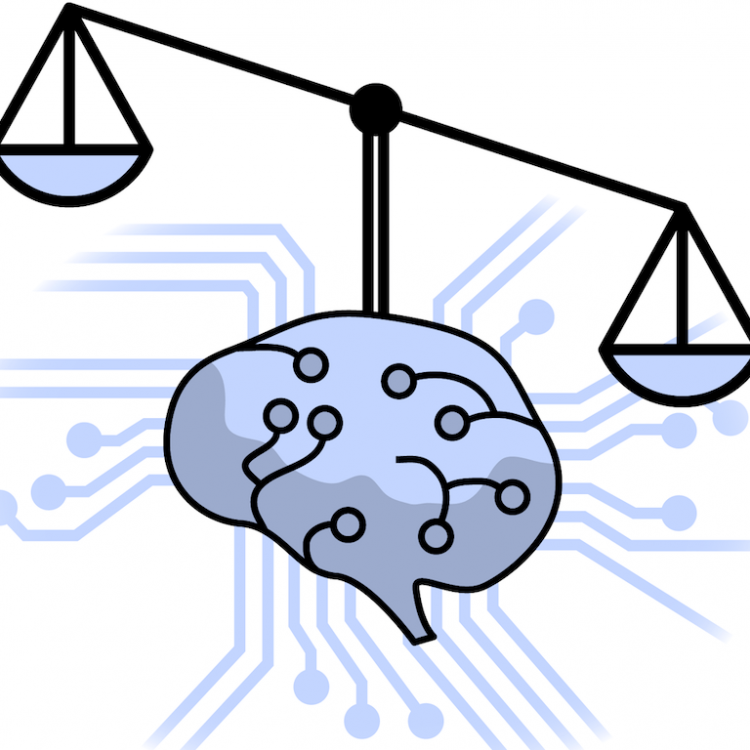Are you interested in applying your AI/DL knowledge to the medical domain?
This project focuses on the use of AI in Medical Imaging (e.g. CT, MRI, X-Ray, Ultrasound, etc). The work includes segmentation and classification; for example, segmenting tumour from the medical images, and then classify the grade of the tumour. We will use various Deep Learning techniques, such as CNN, and will experiment with a variety of Deep Learning frameworks, such as U-Net, ResNet, etc.

